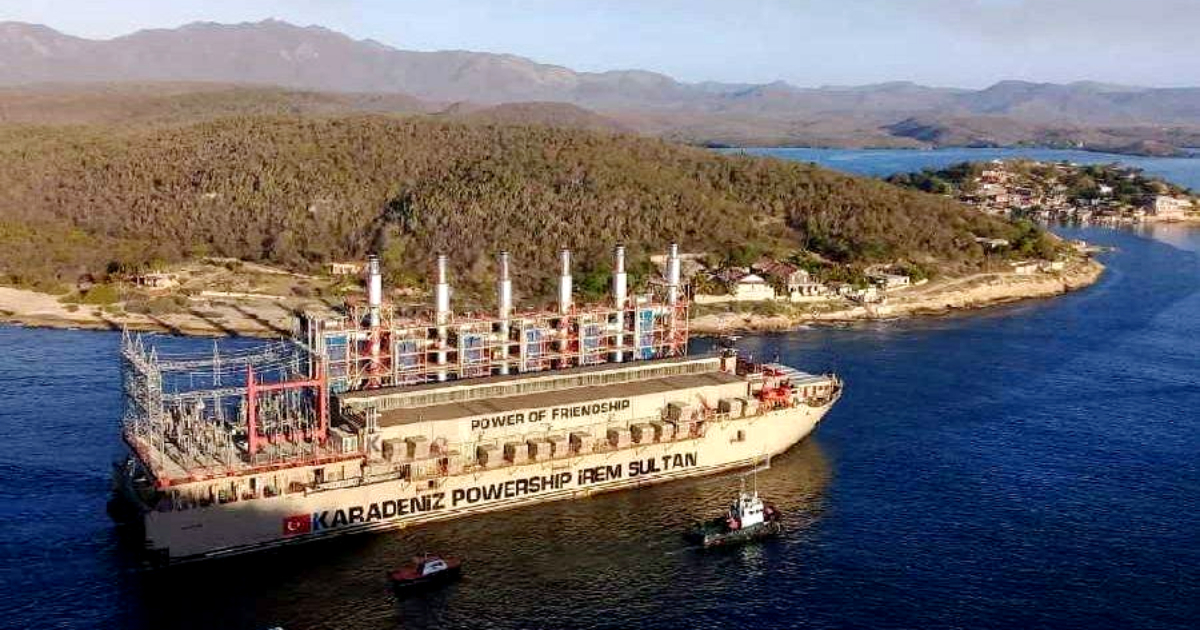
The Cuban government assured that it distributes fuel intended for electricity generation in the eastern provinces of Cuba, which will influence the reduction of the deficit and the blackouts that keep the population in suspense, especially outside the capital.
This was stated this Tuesday by the official journalist Jose Miguel Solís in their social networks, in a publication in which he offered scant information on the subject, on which there are no official statements from the Ministry of Energy and Mines that he directs. Vicente de la O Levy.
“Moa [Holguín] site receives fuel and will allow generating around 150 MW. The 90 MW Santiago de Cuba plant will also begin generation starting next Thursday, as soon as it receives oil.”
Despite the recent arrival at the Matanzas Supertanker base of a shipment of oil from Russia with more than 90 thousand tons, the national electroenergy system (SEN) continues to be unable to satisfy customer demand.
For this Tuesday, the Electrical Union of Cuba (UNE) forecast effects in the order of 295 MW during peak demand hours, and acknowledged that the day before the service suffered an impact during peak hours of 274 MW, instead of the 135 MW that had been predicted.
Likewise, the state company reported in his social networks that “59 distributed generation plants are out of service due to fuel, [including] the Moa fuel plant and the Santiago de Cuba patana, for a total of 542 MW.”
“For the peak, the entry of Distributed Generation engines that are awaiting maintenance is estimated and their use is authorized with 100 MW and the entry of 8 engines in the Moa fuel plant with 135 MW,” added the UNE.
In the middle of the month, the agency WHICH had informed about the departure of a Russian cargo ship with 650,000 barrels of crude oil, valued at almost 50 million dollars, being the first delivery of crude oil from Moscow to Havana in more than a year.
The shipment seeks to alleviate the blackouts that affect a large part of the Cuban territory, one of the main reasons for the recent protests on the Island.
The Cuban energy crisis has intensified in the last three years, with an electrical system that depends on fossil fuels and faces an overload, since the generation plants have been in operation for more than four decades, and are operating beyond their scheduled useful life.
With Venezuela, the main oil supplier until a few years ago, The Cuban regime has turned to other strategic partners such as Mexico and Russia.
What do you think?
SEE COMMENTS (2)Filed in: